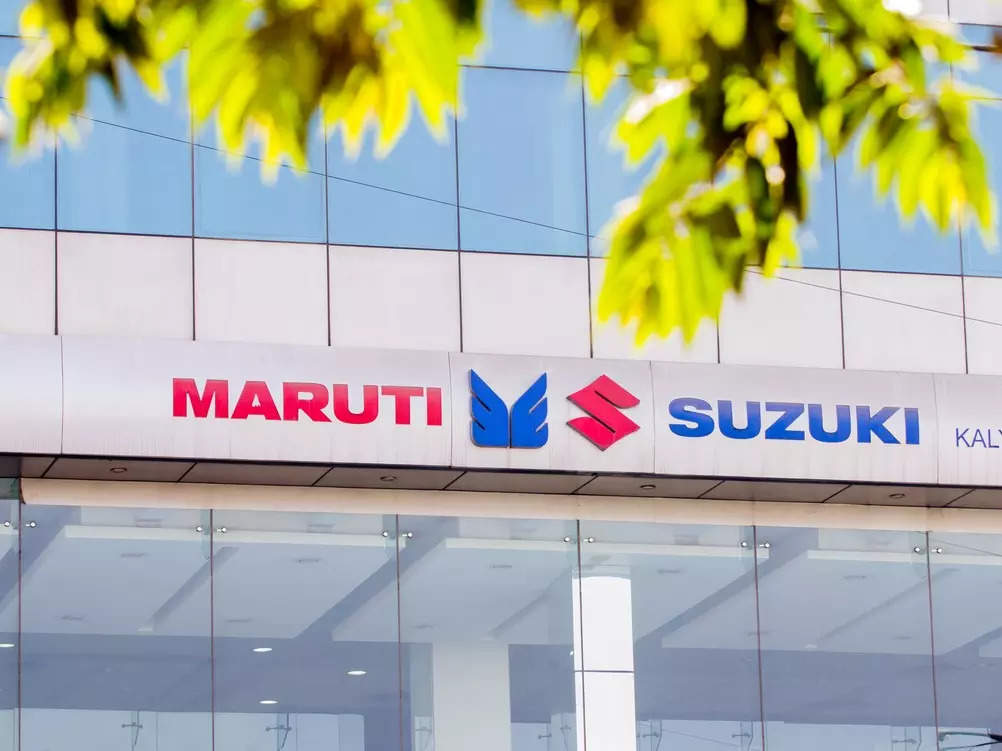
Just weeks into announcing investment of Rs 10,000 crore on electric vehicles in India, Maruti Suzuki, India’s largest car maker is putting in place the building blocks with dedicated teams for EVs and digitalisation.
ET has learnt that starting April 1, Maruti Suzuki has restructured its organisation by forming a dedicated team for Electric and connected vehicles called as “New Mobility Division” to enable a sharper focus.
This new team will report into Shashank Srivastava, Senior ED, sales and marketing. Also, to accelerate effort in the area of Digitalisation – a new division called Business Transformation has been formed.
“The project is at an implementation stage. Things have to be coordinated in a proper structure to execute the plan; hence teams are being put in place,” said a person in the know.
The parent Suzuki Motor will be investing in a full-fledged factory including lithium ion cell localisation in Gujarat that will call for a significant investment.
The development work has already started for a project codenamed YY8 planned for 2024-2025.
Even as the R&D work happens in the background, the organisation is being aligned from sales and marketing at present to prepare for the entry – which will act as a critical sound board, when the likes of Tata Motors, Mahindra & Mahindra, M G and Hyundai introduce their range of models.
An email sent to the company did not elicit any response till the press time.
The automaker’s move is akin to setting up of Truevalue business, Nexa division, small commercial vehicle divisions, which were carved out as a separate vertical within the company for a sharper focus.
And all these divisions have delivered so far.
Experts said the creation of a new vertical by Maruti Suzuki shows that the company recognises the emergence of EV as a key pillar for the future, and if it wants to retain market leadership of more than two decades in the cleaner electrified world, it needs a sharper focus.
The new division will help India’s largest car maker give more concerted focus to make up for the lost time and regain the confidence of core customers, which have been drifting away due to new offerings of the competition.
The formation of new vertical means the company will be making a new pool of resource base which has specialized skills and domain experts working on new emerging technologies that would result in lower lead time for the company to respond to competition, particularly at a time features that generate eyeballs in the first year of adoption. Hygiene has been for most carmakers the top concern in the last 18-24 months, said a fund manager of a domestic fund house.
The company has witnessed some erosion in market share in the last few years due to limited options in the SUV segment, which is growing rapidly. The company is losing a lot of existing customers who are upgrading to rival’s SUVs.
“Kia and MG Motor have been continuously raising the bar in connected vehicles that is further weighed on market share,” added a fund manager.
However this situation is going to be corrected in the next few years with a range of SUVs starting from Rs 8 lakh up to Rs 20 lakh aimed at transitioning the brand in the premium end of the market and create its own space in Rs 10 lakh to Rs 20 lakh. This is where its core SUV EV offering is going to be positioned.
The concentrated focus by formation of new verticals will aid to cater to the demand of its customer which has more money in its pocket and not just looking at the value proposition for buying a car.
The company had recently launched a head up display in the newly launched Baleno which was the first HUD in this category. This shows the company is starting to recognise the importance of new features to attract new buyers. This transformation will further boost with the introduction of a new division.















